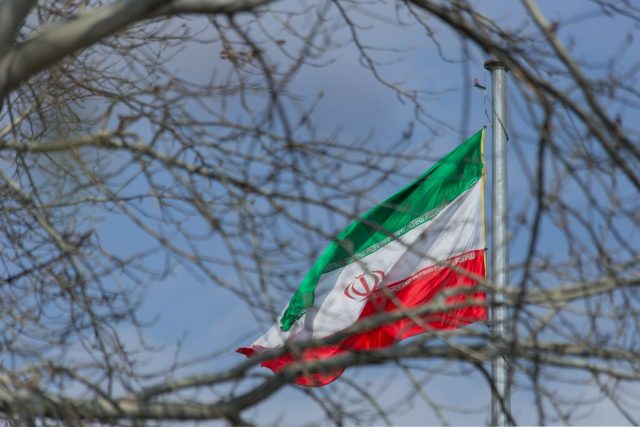
Tehran and Caracas signed new memorandums of understanding to expand cooperation in the energy sector in the face of economic sanctions imposed on both countries, the Islamic Republic News Agency (IRNA) reported.
By Dialogo Américas – Julieta Pelcastre
May 24, 2023
The agreements on oil, gas, reconstruction, and renovation of oil refineries, which Iranian Oil Minister Javad Owji and his Venezuelan counterpart Pedro Rafael Telleche signed on April 14, seek to increase the capability of these facilities in Caracas, news site Iran Front Page reported.
The agreements also include the reconstruction and modernization of Venezuelan petrochemical complexes through Iranian technical services, engineering, and equipment, in addition to overhaul and modernization of loading docks and oil terminals, as well as trade and export of oil, gas condensate, and petroleum products.
“The relationship goes beyond economic interests; it is a much deeper relationship that does not extend to public opinion,” Juan Francisco Contreras, president of the College of International Studies of Venezuela, told Diálogo on May 9. “It’s a relationship based on opacity.”
While Venezuela has what is believed to be the world’s largest oil deposits, years of mismanagement, corruption, and maintenance problems drastically hamper its production and refining capabilities, television network Iran International reported.
Negative relationship
Tehran has decades of experience in establishing sanctions-busting schemes and has been helping the Nicolás Maduro regime to evade U.S. sanctions, while establishing a gold-for-gas scheme, the Washington D.C.-based think tank Center for a Secure Free Society said in a report.
“The economic situation issue […] is used as propaganda by the Venezuelan government,” Contreras said. “Although Iran supports Venezuela on several issues it has little success. The gasoline and petroleum derivative crises basically continue.”
According to Contreras the Iranian gasoline distributed by the Maduro regime is of poor quality, which causes cars to malfunction and break down in Venezuela. The poorly refined fuel that state-owned Petróleos de Venezuela distributed damaged hundreds of vehicles in the Zulia region, Voice of America (VOA) reported on April 26.
The United States has condemned both countries for violating human rights and sponsoring terrorism and has accused them of other evil actions, VOA reported. “They are undemocratic countries […]; they do not respect international law,” Contreras added.
Iran and Venezuela have developed a solid relationship that is detrimental to democracy, human rights, and Western values, Julio Borges, a member of Venezuela’s opposition Justice First Party who lives in exile, told VOA.
Open propaganda
Iran and Venezuela have little to offer each other. These states lack access to global capital. Both are economically isolated from the rest of the world and are not in a position to help each other, yet it is beneficial to present themselves as a united front, Asia Times reported.
“The [Venezuelan] regime is more and more alone, more isolated from the international community, and it tries to present Iran, Russia, Turkey, Cuba, and Nicaragua as countries that support [Venezuela],” Contreras said. “This is part of the propaganda to show that Venezuela is not alone at the international level.”
For Contreras, the benefit that Caracas provides to Tehran is its geostrategic/geopolitical location. “It serves as an ally in the region for Iranian interests. Many Iranians come to Venezuela. What Maduro is interested in […] is the political issue and […] the military issue,” he said.
Iranian interests in Latin America range from increasing its international influence, destabilizing the United States, obtaining foreign currency by laundering and generating assets, to seizing natural resources, the Spanish Institute of Strategic Studies (IEEE) expounded.
In recent years, Maduro has strengthened ties with countries that are also under sanctions and know how to circumvent them, such as Russia and Cuba, Argentine news site Infobae reported.
“The presence of Iranians and people from other countries that are different from our culture, for ordinary Venezuelans is something strange that has nothing to do with our traditions. It’s like a political occupation of our country and it is attempting to change our democratic values,” Borges told VOA.
…
Read More: Dialogo Américas – Irán and Venezuela Strengthen Ties in Oil Industry
…

